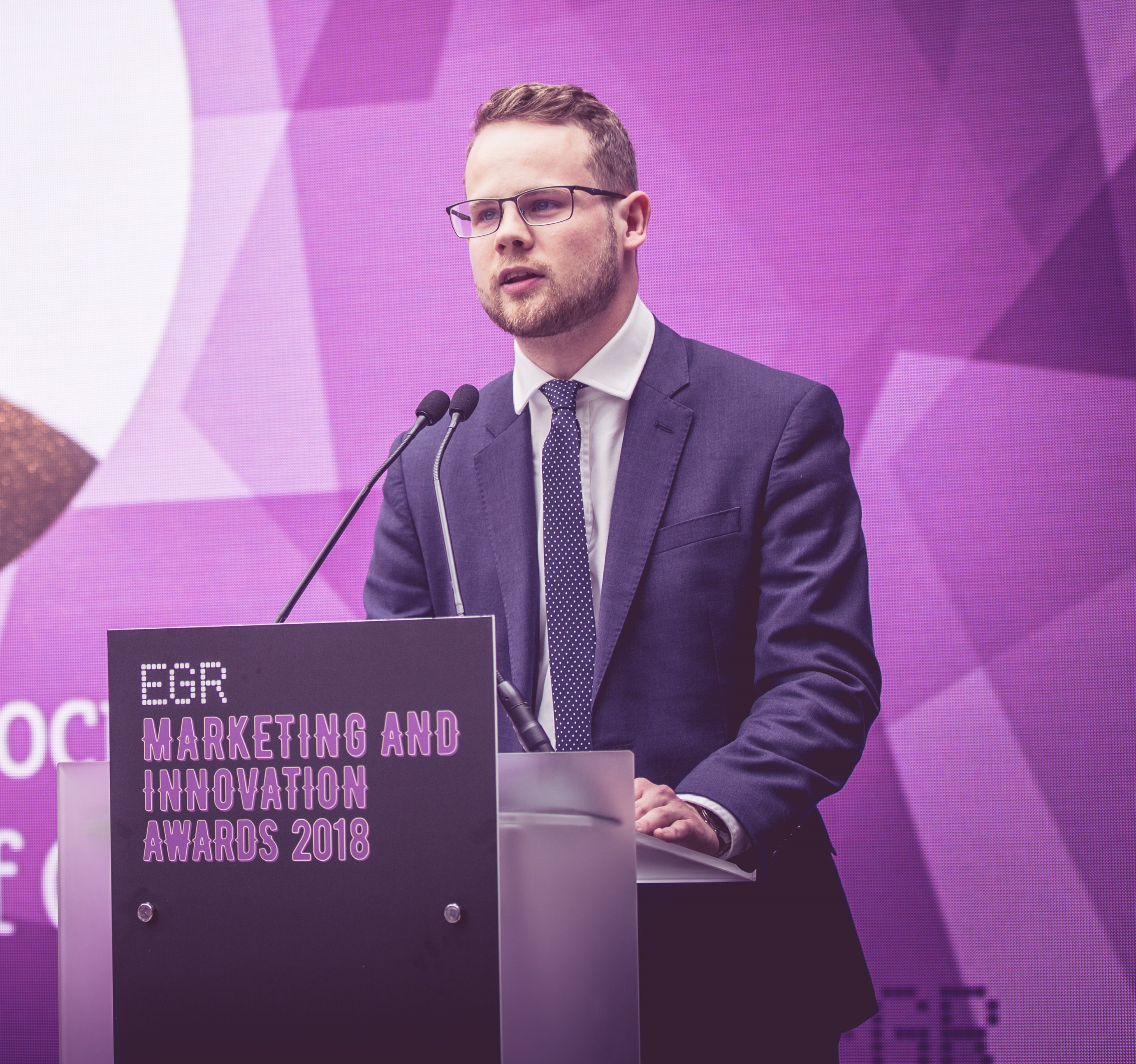
Regulation round-up 4 August 2015
The biggest regulatory news from the egaming industry in the last seven days (29 July to 4 August 2015)

Gambling Commission issues lottery ultimatum
British regulator warns of stricter regulation should operators fail to distinguish lottery-based products from genuine lotteries
Great Britain’s Gambling Commission has told licence holders they must do more to distinguish lottery-based betting products from genuine lotteries or face tougher regulation and licence conditions.
The warning formed part of new guidance issued by the Commission last week on the way ‘bet-on-lottery’ products are marketed, with the regulator “concerned” some operators do not make it clear to consumers that they are “participating in some other form of gambling, rather than entering a lottery”.
Several major operators including Betfred, Paddy Power and Ladbrokes operate bet-on-lottery offerings while a host of dedicated lottery operators currently offer Britain-based punters betting markets on draws from around the world.
While the Commission refrained from introducing new licensing provisions at this stage, it warned operators that unless the distinction is made clear a series of measures could be introduced, including requiring a prominent message specifying the product on offer at the top of web pages.
Malta regulator suspends trio of gaming licences
The Malta Gaming Authority (MGA) suspended a trio of remote gaming licences last week, just days after suspending the licences of Betuniq and Betsolution4U, as the investigation into an Italian mafia gambling money-laundering operation using firms on the island continues.
Licences for Fenplay, Soft Bet and Soft Casino were suspended on Tuesday and the operators were instructed by the regulator to suspend all gaming transactions, cease registering new players and submit all relevant data to the regulator.
The MGA said it was unable to comment on the reason for the licence suspensions when contacted by eGaming Review this morning and did not confirm they was linked to last week’s licence suspensions.
Seven days in regulation:
Dutch gambling regulator hands out 180k fine
The Netherland’s gambling regulator has issued a 180,000 fine to a pair of companies it said flouted national laws by operating sites specifically targeting Dutch residents.
Total E Soft Ltd and XKL Ltd, along with the directors of the former, were issued the fine after the regulatory body Kansspelautoriteit (KSA) studied their activity last year and found that 14 sites were offering illegal games of chance.
The URLs, which included casino, slots, poker and sports betting sites, were all available in the Dutch language and featured the Dutch flag.
Maltese regulator defends record in wake of licence suspensions
The Malta Gaming Authority (MGA) has defended its compliance and pre-licensing checks but said it may fast-track certain regulatory reforms in response to recent licence suspensions in the jurisdiction.
The regulator has come under increased scrutiny in the past few weeks following the revelations of a number of Malta-licensed companies alleged to have been part of a £1.4bn gambling ring run by the Italian criminal organisation ‘Ndrangheta.
But speaking to eGaming Review on Friday, a spokesperson for the MGA said it was confident it has been rigorous in its pre-licensing checks.
Dutch regulator turns up heat on unlicensed operators
The Netherland’s gambling regulator Kansspelautoriteit (KSA) has raised the minimum fine for operators found to be targeting players in the country, as the authority continues to bear down on those breaching the law ahead of the start of its regulated regime.
The minimum fine for illegal activity has increased by 50,000 to 150,000 (£105,000), but fines can range up to 810,000 for more wide-ranging and systematic breaches of the rules.
The move was described as a “periodic increase” by the KSA, which added that inflation meant there was a need for a higher minimum to act as a stronger deterrent.
Colombia moves towards online regulation
Colombia’s government is set to regulate online gambling before the end of the year as part of a major amendment to its gaming laws.
Colombia’s Congress passed the amendment earlier this year and it is now expected to be implemented by executive order in the coming months.
Although a timescale has yet to be laid down for the issuance of online licenses, eGR understands firms could be operating licensed online offerings as early as next year.